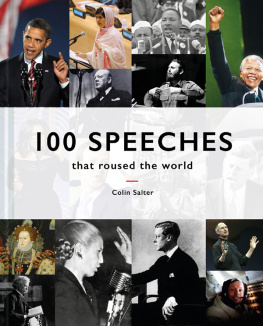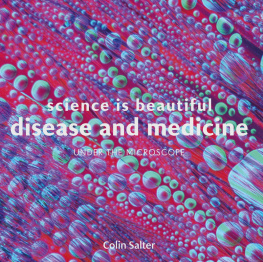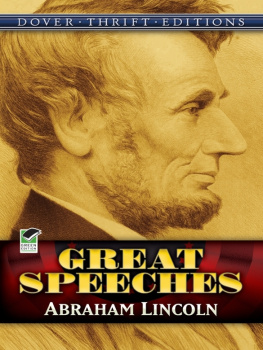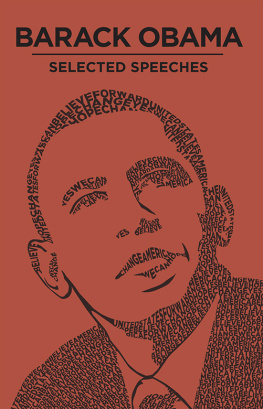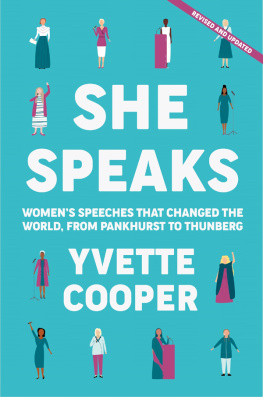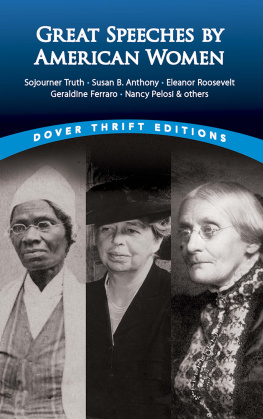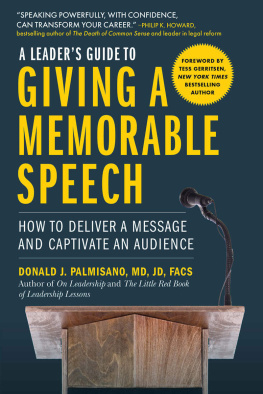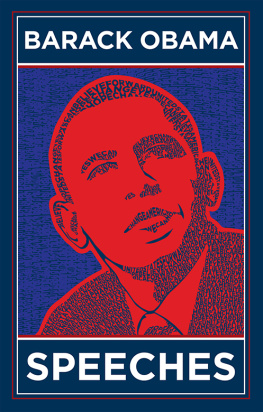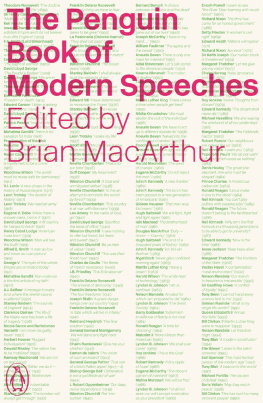Contents
Guide

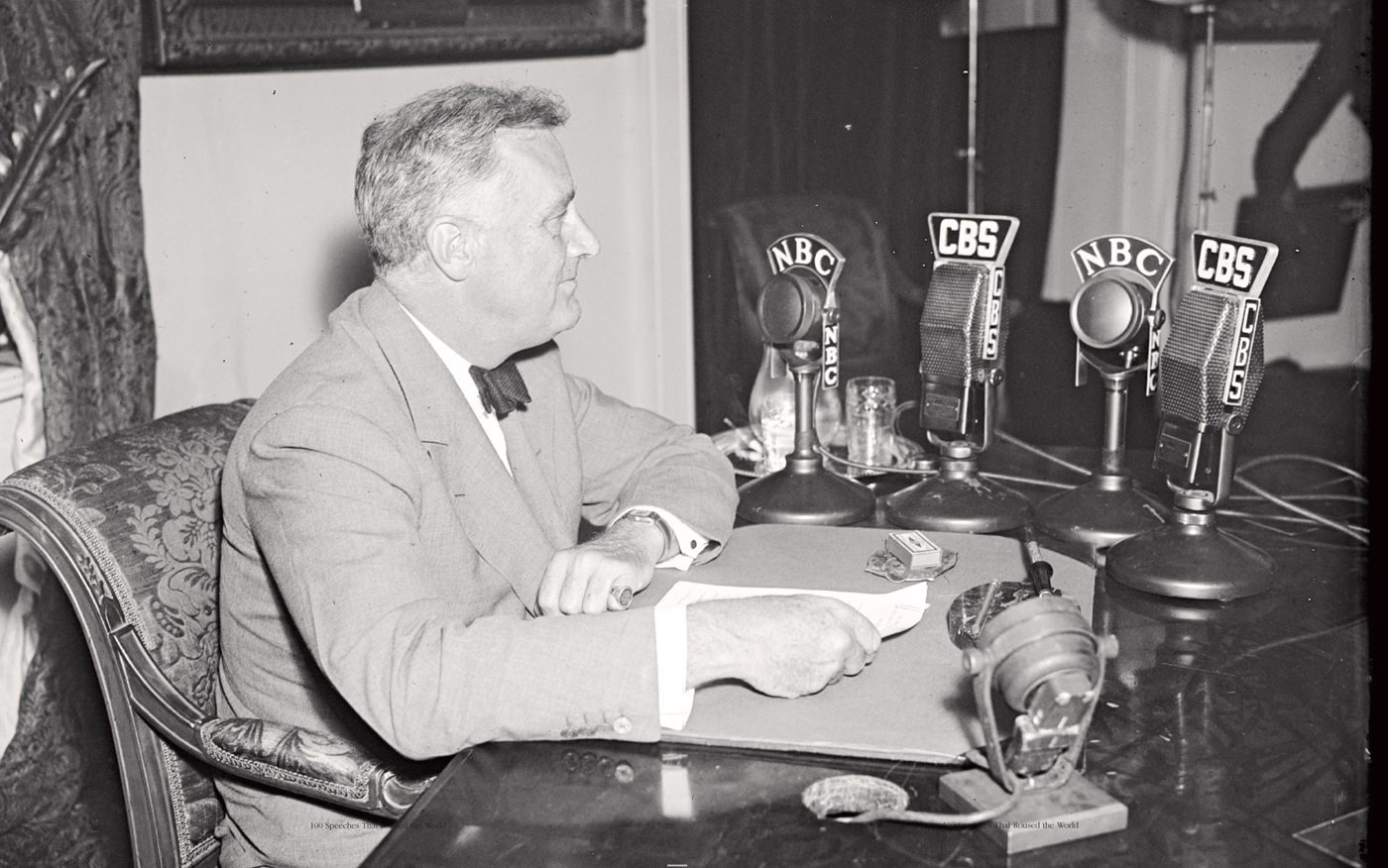
Pictured in October, 1935, President Franklin D. Roosevelt prepares to make a national broadcast from the White House.

Contents
Introduction
Speeches have always been the greatest form of advocacy. The speakers careful choice of words, phrases, and sentences to persuade his or her audience is as creative an act as the poets or the playwrights.
S peeches were at the heart of the earliest Western dramas from ancient Greece. Athenian society already had sophisticated rules for rhetoric and drama more than two and a half thousand years ago, and its fitting that the oldest speech in this book was given by Athenian philosopher Socrates in 399 BC.
Thanks to the ancient Greeks, speeches have become a formal part of our linguistic life. They can be simple declarations of love, defenses of high principles, or pleas in the pursuit of poweron screen, in court, or at rallies. Speeches may seem artificial but thats precisely why they have their place in our legal and political processes. They are opportunities to think before we speak, to compose ourselves and make what we have to say really count. The 271 words which begin Four score and seven years ago are among the most thoughtful ever spoken. In a few minutes its speaker Abraham Lincoln had a far greater impact at Gettysburg than Edward Everett, whose two-hour, 13,607-word oration preceded him that day.
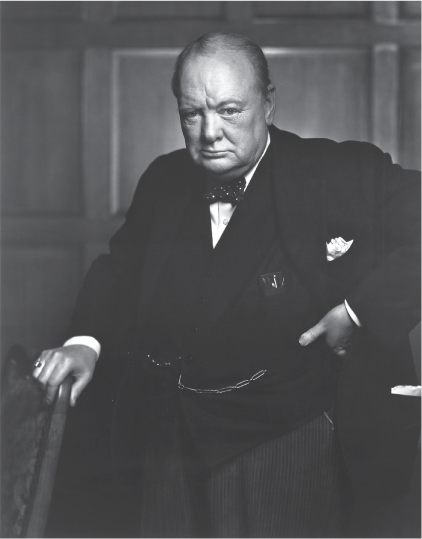
A master of the art, Winston Churchills wartime speeches helped galvanize an isolated Britain.
Speeches invariably have a job to do. They must convince the listener of something; perhaps a speakers devotion, an apology, a governments decision, or an accused mans innocence. It is no surprise that some of the speeches weve chosen here were landmark legal rulings which advanced the rights of women and African Americans. Speeches really can change the world; but to do so, good speakers must know not only their own mind but all the rich, poetic tools of rhetoric at their disposal. They need to wield the power of language to full effect.
Speeches demand an audience, and above all speakers must be able to tailor their words to that audienceseldom will words simply spoken out loud do the job. Politicians are today schooled in the art of speech-making, but the best speakers in history have had a natural ability. Martin Luther King Jr.s instinctive feel for rhythm and dynamics, born of the gospel music of his church, made his speeches some of the greatest ever given in the modern age. All the speech writers in the world cant help you speak in public, but a charismatic speaker can turn an average speech or a difficult moment of history into a triumph of rhetoric. In the wrong hands such charisma is not without danger. Adolf Hitler was a mesmeric speaker, however abhorrent his ideas were.
The one hundred speeches presented here span nearly 2500 years of history. They mark pivotal moments in the story of humanity from the birth of nations to the end of empires. A handful mark significant cultural moments. The speeches were made in defeat or victory, anticipating imprisonment or liberation, sometimes urging cruelty and repression but more often arguing for social equality or scientific advancement. Kennedys speech declaring that we choose to go to the moon may have been motivated in part by the Soviet Unions lead in the space race, but he expressed it in terms of Americas pioneering spirit and of a selfless quest for knowledge which could not fail to move his audience (and, importantly, persuade them to pay for it).
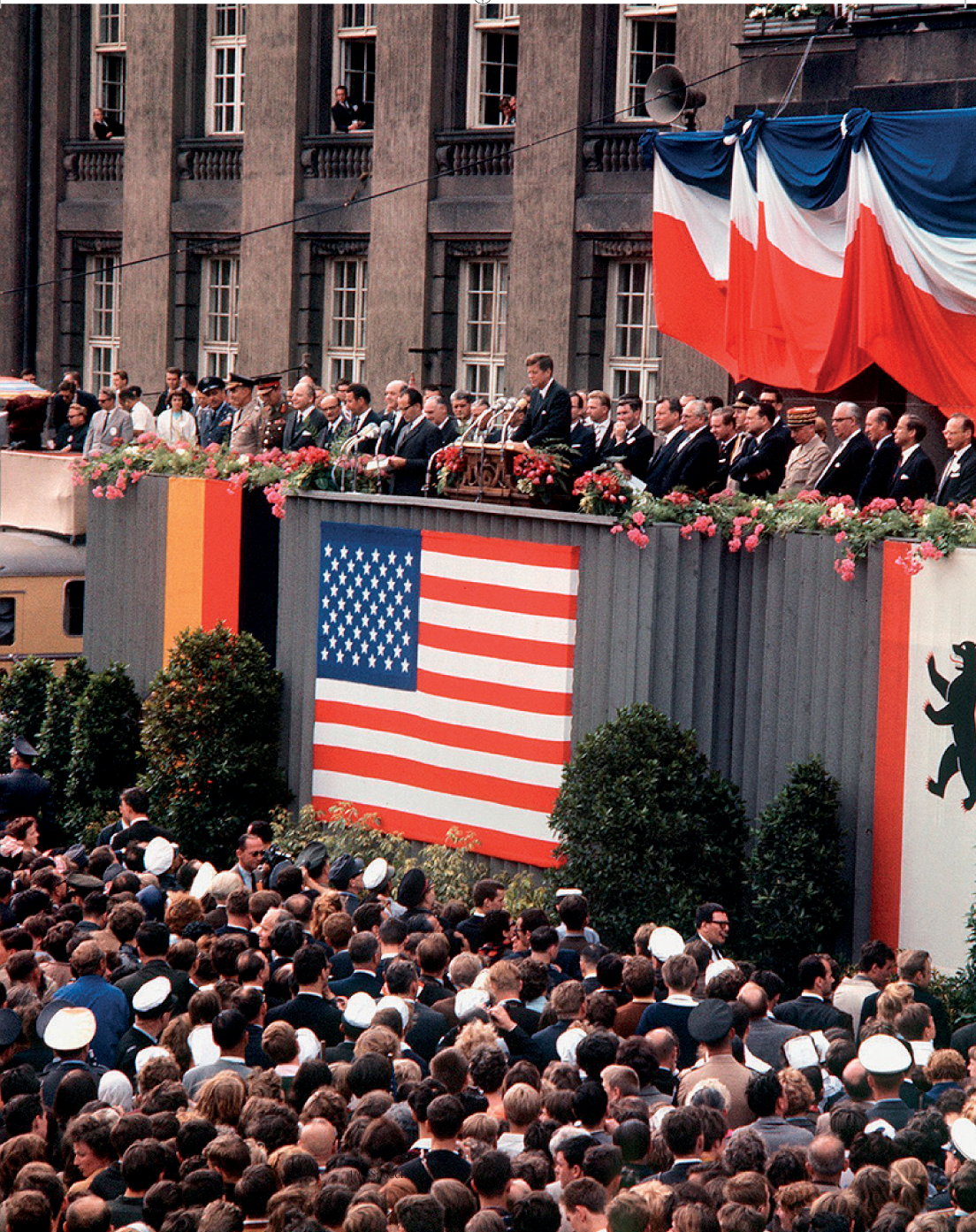
John F. Kennedy received a rapturous welcome when he spoke in Berlin.
Taken together, these one hundred speeches express some of the finest aspirations of the human heart. Of the one hundred, there are perhaps fifty which changed the world, and another fifty that mark the point at which the world changed. Malala Yousafzais original speech advocating education for girls in her native Pakistan was sufficiently incendiary to have the Taliban attempt her murder. The fact that they failed led to global condemnation and enabled her, once recovered, to deliver another speech at the United Nations.
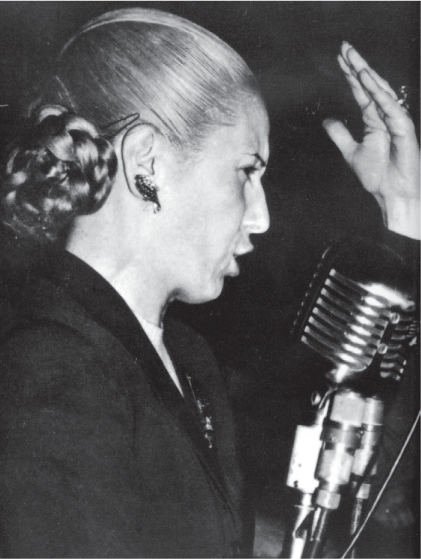
Eva Pern. Evita was a powerful advocate for her husband, Juan Pern.
More recent speeches, delivered after the invention of recording, have an automatic advantage in that we know how they sounded. Fine words are only half the battle, and the strength of many earlier speakers can only be judged by their reputation in the absence of video and audio evidence. We know how Churchill sounded when he defined the defiant British spirit in World War Two; but how did Queen Elizabeths famous evocation of Englishness come across to ordinary soldiers waiting to fight the Spanish Armada?
Theres a popular myth that Zhou Enlai, the Chinese premier, remarked in the 1970swhen asked to comment on the 1789 French Revolutionthat it was too soon to tell. In fact he was commenting on the rather more recent Parisian student uprising of 1968. The final speeches in this book were given in the last ten years, and it is certainly too soon to tell what long-term impact they will have. But who could deny that, for example, Obamas victory speech in 2008 was a profound moment in American and world history?
We close with Oprah Winfreys speech at the Golden Globes in 2018 which summarized the demands of women for greater respect in the workplace. Some observers believed it hinted at Ms. Winfreys own ambitions for public office. The MeToo movement described by Oprah Winfrey is righting that wrong at last, and perhaps her speech will eventually be seen to mark the greatest of all changes in the world, a move to complete equality between women and men.
Lack of space prevents us from reproducing entire speeches here. Fidel Castros four-and-a-half-hour lecture to the United Nations was never going to fit, while Neil Armstrongs first words spoken on another planet was not diffcult. To convey as much as possible of the longer speeches we have included edited highlights. We hope the original speakers will forgive us and not feel that we have distorted their meaning. The full texts of almost all the one hundred speeches are widely available online.
In the electronic age it sometimes seems as if speeches have had their day. Speeches have given way to the soundbite, which has been elbowed sideways by the 140 characters of a tweet. So it was reassuring, that at Senator John McCains memorial service in 2018, Barack Obama was asked to speak, and once again we heard a politician weighing his words carefully and sounding presidential.

